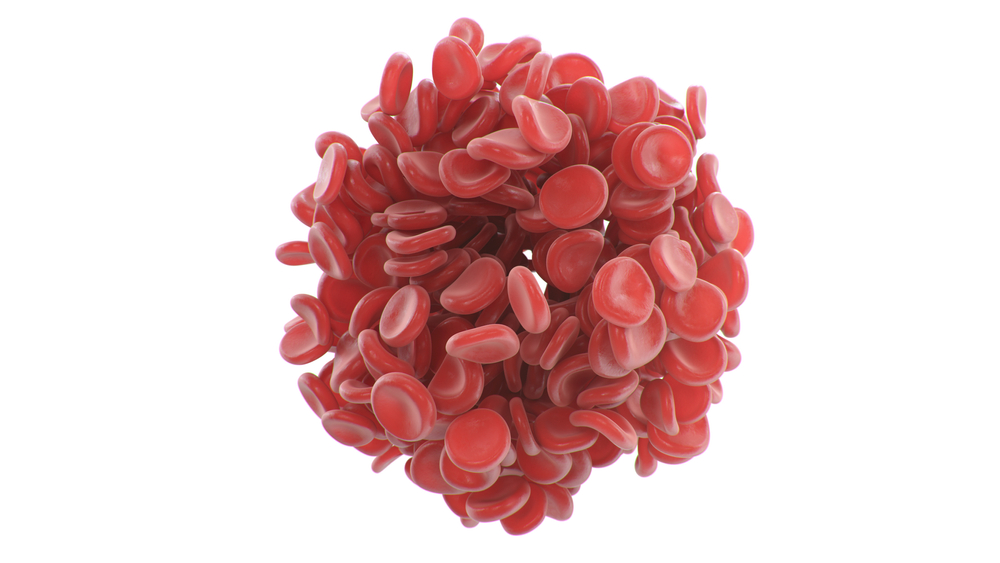Nonsteroidal anti-inflammatory drugs, more familiarly known as NSAIDs, are commonly used to relieve pain, reduce inflammation, and lower fever. While these medications are effective in managing various conditions, there is growing concern about their impact on heart health. NSAIDs heart attack risk and stroke risk are real – and depending on you and your health status, it could be quite dangerous. This is everything you need to know about the potential risks of NSAIDs in relation to heart attack and stroke, and how to minimize your risk.
NSAIDs: What are They and How Do They Work?
NSAIDs are a class of medications that work by inhibiting the production of prostaglandins. These are substances in the body that play a key role in pain and inflammation. Common NSAIDs include aspirin, ibuprofen, and naproxen. They are widely prescribed for conditions such as arthritis, menstrual cramps, and mild to moderate pain. NSAIDs are well known for their effectiveness in alleviating pain and reducing inflammation. For this reason they are a popular choice for individuals seeking relief from a wide range of pains and problems.
NSAIDs and Cardiovascular Side Effects

The research is in and there is one thing that no health expert will dispute: NSAIDs are associated with an increased risk of heart attack and stroke. The reason for this is due to the impact that these medications have on blood pressure, blood clotting, and overall cardiovascular health. Not all NSAIDs are made equal, however. Different NSAIDs may present varying degrees of risk to heart health. For instance, some studies show that certain medications in this category, such as diclofenac (aka Voltaren) and rofecoxib (Vioxx), may pose a higher cardiovascular risk compared to others. Doctors also often advise patients on blood thinners not to take aspirin, due to its anti-clotting effects and increased risk of bleeding. The same goes for other common medications, such as Advil or Alieve.
Understanding the Potential Mechanisms

As already hinted at, NSAIDs affect different factors of your cardiovascular system. These interactions make NSAIDs fairly unsafe for people with existing heart conditions, and especially those already on medications for those problems. Even for those with healthy hearts and no pre-existing conditions, taking NSAIDs even every once in a while will increase risk of stroke and heart attack.
Blood Pressure and Fluid Retention

One of the first effects that NSAIDs have on your heart is on your blood pressure. NSAIDs have been linked to an increase in blood pressure, particularly in individuals who have hypertension or are at risk for cardiovascular complications. Additionally, some NSAIDs may lead to fluid retention. This further elevates the risk of stroke and heart attack.
Read More: New Study Finds Common Medications Could Lower Dementia Risk
Platelet Function and Blood Clotting

As already mentioned, NSAIDs inhibit the production of prostaglandin. This, in turn, can affect platelet function and blood clotting, potentially contributing to an increased risk of heart attack and stroke. This is especially in individuals with existing cardiovascular conditions. If you’re still asking the question are NSAIDs safe for people with heart conditions, the answer is likely to be no.
Recommendations for Safer Use

The question is no longer do NSAIDs increase the risk of heart attack and stroke, and rather is there a way for us to still use NSAIDs that is safe? The answer to this question is highly dependent on the person, their situation, as well as dosage and frequency of use.
Assessing Individual Risk Factors

Before taking NSAIDs, it is important to assess your individual risk factors for heart disease. These include age, existing cardiovascular conditions, and other medications being taken. Consultation with a healthcare provider, especially if you have any existing health conditions and/or are on any medications, is imperative. They can help evaluate the appropriateness of NSAID use in your specific situation.
Exploring Alternatives

For those with pre-existing heart conditions, family history of stroke and heart disease, who are at risk for developing cardiovascular disease, or who are on medications that don’t allow the use of NSAIDs, there are alternatives. Acetaminophen (also known as Tylenol) is a non-NSAID option as an over-the-counter pain reliever. It is still a pharmaceutical product, however, and therefore consultation with a doctor is recommended before use. From there, the alternative you choose will depend on your type of pain. For muscle and joint pain, there are various types of non-steroidal topical creams and gels you can use. You may also want to consider acupuncture, physical therapy, hot and cold therapy, as well as lifestyle modifications. These will include an anti-inflammatory diet, a regular exercise program, sufficient sleep, and good hydration.
Taking NSAIDs Safely

Taking NSAIDs, even on occasion, may increase your risk of heart attack and stroke. That being said, so long as you are a good candidate for NSAIDs, they can still have a place in effective pain management. The first part of this is that the pain is not chronic. Using one or two once every few months is not really a big deal. If you find yourself regularly dealing with pain – headaches, back pain, knee pain, etc – make it your job to explore the reasons why. NSAIDs address the symptoms of pain, but they don’t treat the root of the problem. Fix that, and you won’t have pain anymore.
When you do need to take an NSAID, take the lowest effective dose for the shortest duration possible. Don’t use extra strength unless you have to. Take the dose recommended on the packaging at the recommended intervals. If you take one and half an hour later, your pain hasn’t changed, then consider taking another. That being said, consider combining with other pain relief methods before you resort to taking another pill. This could be using hot and cold packs, massage, topical pain relief ointments, gentle movement and stretching, or even drinking a natural, anti-inflammatory drink. In the case of headaches are often caused by dehydration, so drink a tall glass of water first and wait 20 minutes or so to see if that does the trick. If the pain is mild, sometimes you can even just sleep it off.
The Bottom Line

The relationship between NSAIDs and heart health is complex and requires careful consideration. While these medications offer valuable pain relief and anti-inflammatory benefits, the potential impact on cardiovascular health cannot be dismissed or overlooked. By understanding the risks associated with NSAID use and taking appropriate precautions, individuals can strive for a balance between managing pain effectively and safeguarding their heart health. Seeking guidance from healthcare professionals and being mindful of individual risk factors is paramount in making informed decisions about NSAID use.
Disclaimer: This information is not intended to be a substitute for professional medical advice, diagnosis or treatment and is for information only. Always seek the advice of your physician or another qualified health provider with any questions about your medical condition and/or current medication. Do not disregard professional medical advice or delay seeking advice or treatment because of something you have read here.
Read More: The Dangers of NSAIDs: Risks and Alternatives
